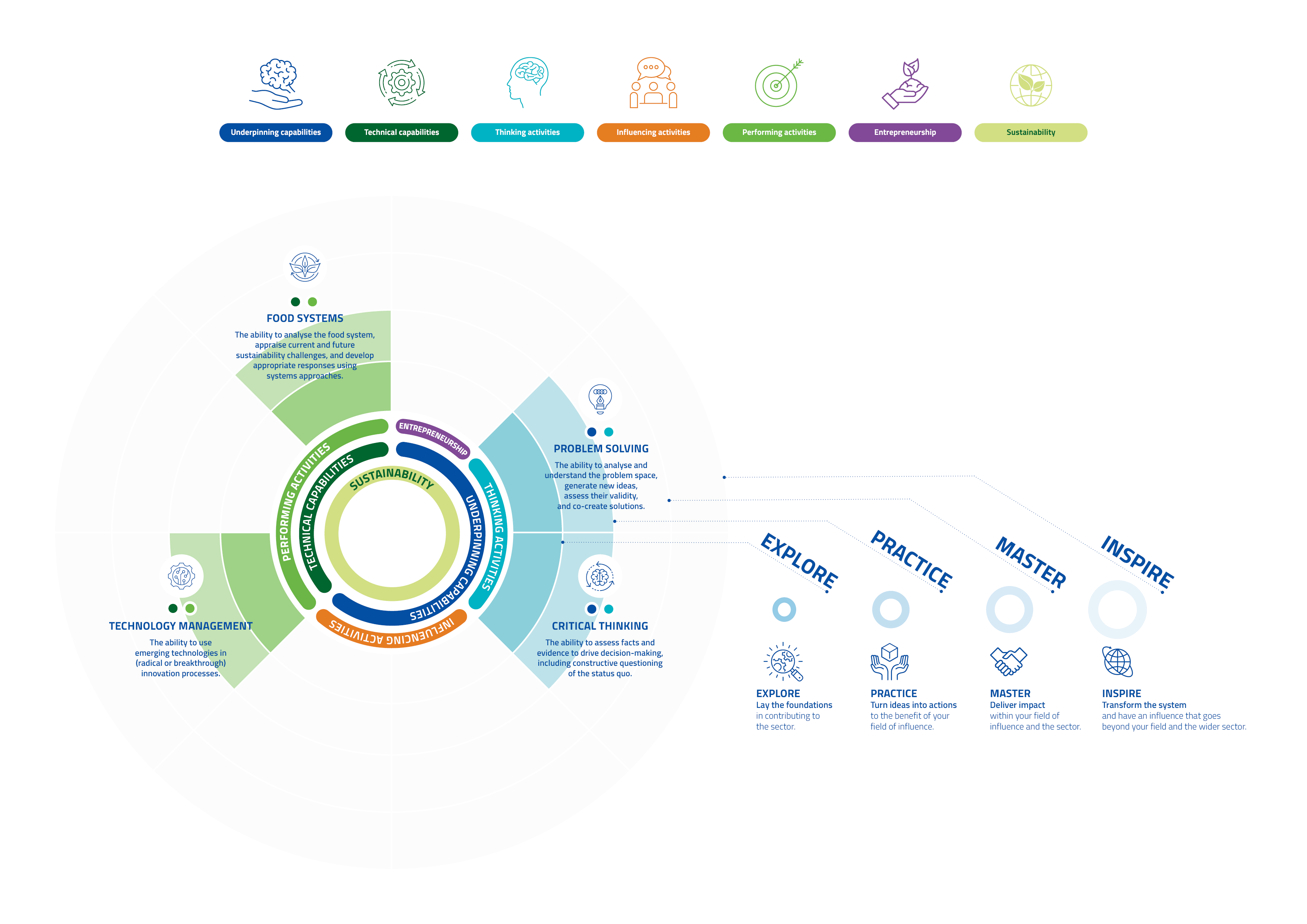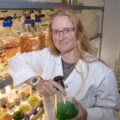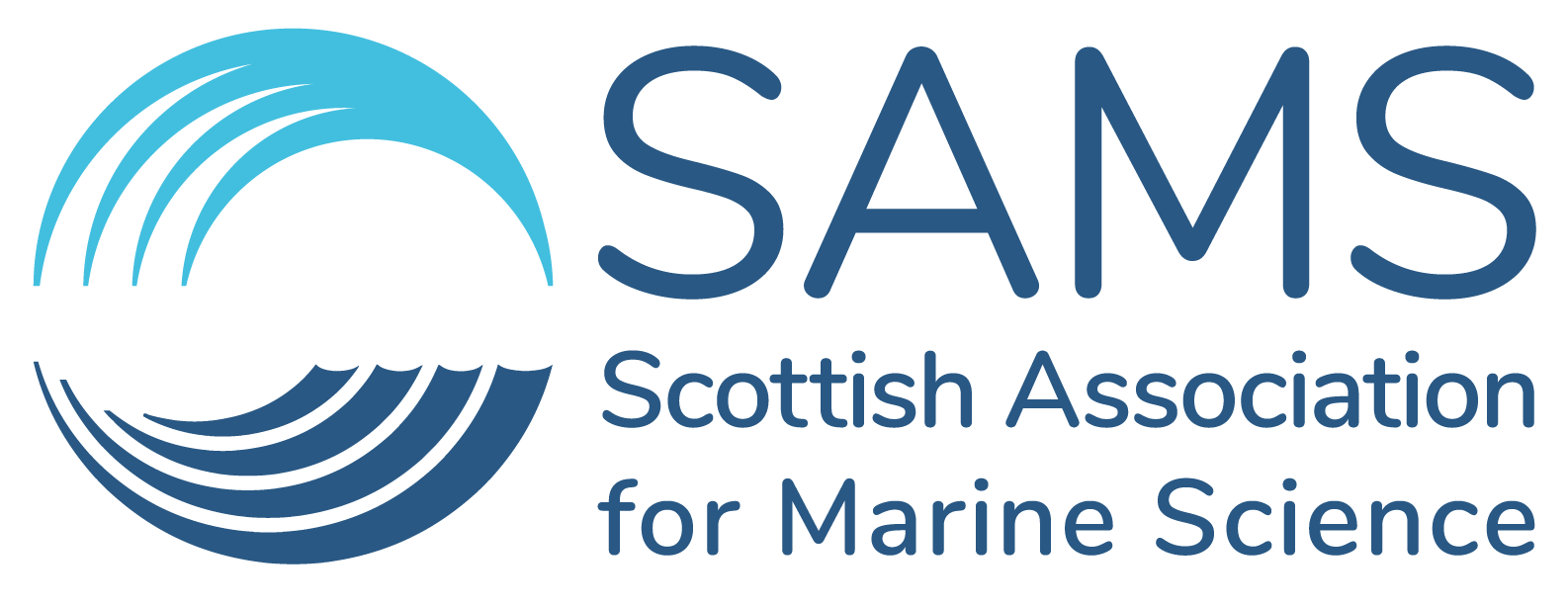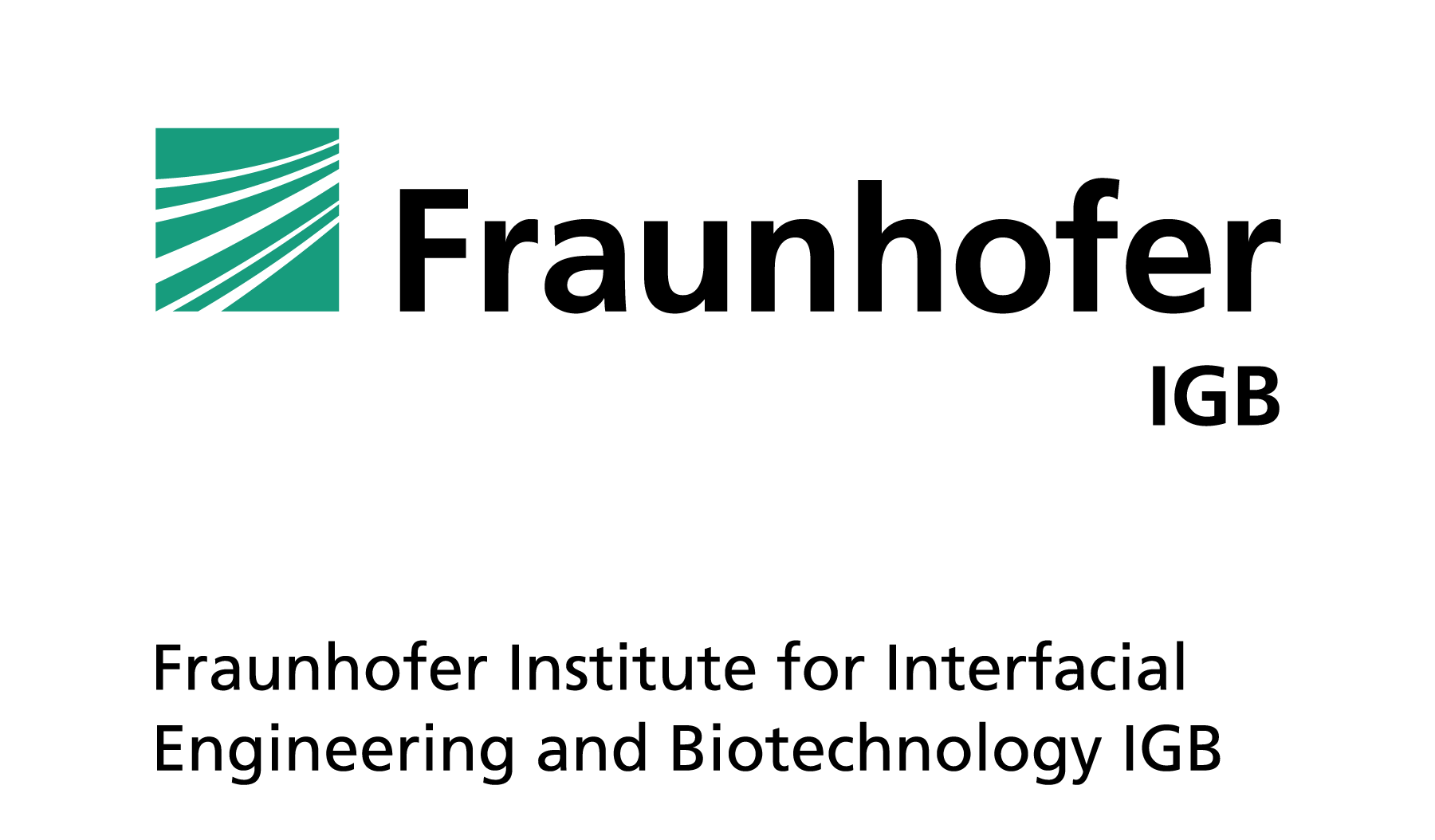Algal Biotechnology
Two algal biotech courses. Techniques and opportunities for a sustainable bioeconomy


Course information
- Level
-
Professionals
- Applications
-
Online course: Open until 29 October 2025
- Dates
-
Online course: 4 & 5 November 2025
- Location
-
Online course: Online
Overview: Algal Biotechnology

About : Algal biotechnology courses
In the evolving landscape of sustainable food production, algal biotechnology emerges as a potential game-changer. As global demand for eco-friendly and nutrient-rich sources rises, algal biotechnology offers innovative solutions for food, feed, and nutraceuticals. Our courses provide introductory training and theory in algal biology, culturing, growth and biotechnology from laboratory to small scale facilities. We will showcase the latest developments and challenges in the sector. The course will offer insights and examples from an industrial and entrepreneurial perspective, that can help the participants to found or improve their own algal-based business.
The courses are organised by the Scottish Association for Marine Science (SAMS, UK) https://www.sams.ac.uk/ in collaboration with the Fraunhofer IGB (Germany) https://www.igb.fraunhofer.de/en.html and Matis (Iceland) www.matis.is
The courses are open to anyone with a Bachelor, MSc or PhD degree or substantial experience within the aquaculture sector or food system, especially those within the EU and EU and EIT Food associated countries
This year we will be offering two algal biotech courses. Each course comes with their own unique focus. Why not try them both!
We look forward to seeing you all for Algal Biotech 2025!
We are pleased to confirm the international academic and industry speaker/trainer list for the November 2025 Online course. Click in "Read more" below to see the list:
Algal Biotechnology, Iceland - DELIVERED
The delivery will be 3 full days in person at Matis in Reykjavik, Iceland. We will start on the first day with speakers from both academia and industry and an evening of networking opportunities. The next days we will visit various companies in the algal biotech sector ranging from start-ups to large cultivation companies to downstream processing plants.
Applications are closed!
Algal Biotechnology, Online
The course will be 2 full days online which includes lectures from academics about the latest developments in algal biotech as well as people currently working in the algal biotech industry. There are panel discussions and breakout room for participants to engage with the various different aspects of the algal biotech sector and network with other participants. We finish the course with a fun online pub quiz all about weird algal facts.
You can apply from the 1st August until the 29th October 2025.
Learning Objectives :
- LO1-From Academia to industry: Understand the algal biotechnology sector. Starting with taxonomy, the physiology and how algal farming works in theory and practice.
- LO2-The tech behind Algae: Learn about the technology required in algal cultivation, the use of photobioreactors, best practice and measurements used for biochemical composition and molecular biology screening.
- LO3-Requirements for the industry: Learn how to translate innovations into feasible business solutions for the food sector and the wider Blue Economy.
What you'll learn : You will learn the following competencies

Food systems
- Analyse the food system using a range of systems approaches to appraise current and future sustainability challenges
- Implement innovative responses to address sustainability challenges in the food system
Problem solving
- Appraise the problem space to identify current and future needs
- Mobilise effective methodologies to generate new ideas
- Appraise the validity of new ideas and co-create sustainable solutions
Critical thinking
- Collect, analyse, interpret and report information to develop sustainable solutions to current and future challenges
- Appraise unintended consequences of any course of action to devise ethical goals
Technology management
- Appraise the efficacy of existing and emerging technologies in innovation processes
- Mobilise appropriate technologies in innovation processes
- Contribute to the development of new technologies
- Manage IPRs

Structure and Modules : Join the course now!
We have carefully planned an exciting and engaging course which includes a full day programme of lectures and seminars introducing the theory of techniques, SOPs best practice and live demonstration of equipment and facilities. There will be networking opportunities for the participants and panel discussions with various experts from the algal biotech sector.
Learning Outcomes
By the end of this course, we will give attendees an understanding of:
- The issues in algal biotech from academia to industry, from bench scale to large scale, and the development of problem-solving skills to address these issues
- Using critical thinking skills to address how algae can play a role in various industries and contribute to a more sustainability society
- The requirement of a sustainable algal biotech sector from a market demand, legislative, food safety and social aspects
- The various knowledge aspects that are required in the algal biotech industry including analytical, technical, engineering, molecular, and biological.
Module 1: From Academia to industry. In this module we focus on how innovative solutions are being developed and tested and the various milestones that are required to be met before they can be implemented in industry. This module will cover topics such as: current issues in scaling up innovations, how to bring ideas to the market, the state of academia-industry collaboration, and how industry can feedback to academia.
Module 2: The tech behind Algae. In this module we discuss the technologies required for cultivation of algae. Specifically, the use of photobioreactors, which can also involve taking automated day-to-day measurements of cultivation conditions and health of cultures, will be discussed. Downstream process of the cultures and use of specialized analytical techniques (HPLC, GC) for biochemical composition analysis and molecular biology screening methods (metabolomics) will also be discussed in this module.
Module 3: Governance, Social, Legal and Safety in Algal Biotech. Requirements for the industry from a social, legal, safety and marketing perspective. This module focusses on how society perceives and engages with algae. What the current issues and limitations of algal cultivation are from a legal, environmental, food safety and governmental perspective and discuss potential solutions.
Practical : Participation Fees
Online course
- €99, incl. VAT
- Online only from 4 & 5 November 2025
- Applications close on 29 October 2025 at 5pm CET
- Max. number of attendees 75
All prices are including VAT (21%)
Fee waivers are not offered for any algal biotech course.
Applications clearly made using AI text generation and un-proofread will not be accepted and application will be rejected.
For more information about the course please contact the PDC Algal Biotechnology team via: eit.pdc@sams.ac.uk

“I went from being a participant to becoming a co-organiser and lecturer on the course. For the algae biotech course, we focus on the use of algae in food, cleaning wastewater, novel algal compounds and other biotech applications. Many people still need to get used to the idea of eating algae. I think algae will not replace animal food but they can definitely contribute to the shift towards a more plant-based diet as a supplement or ingredient”
Partners : In collaboration with
Related courses
View our full course catalogue

Innovator Fellowship


Master in Food Systems
Master's degree • 2 years • 6 universities



